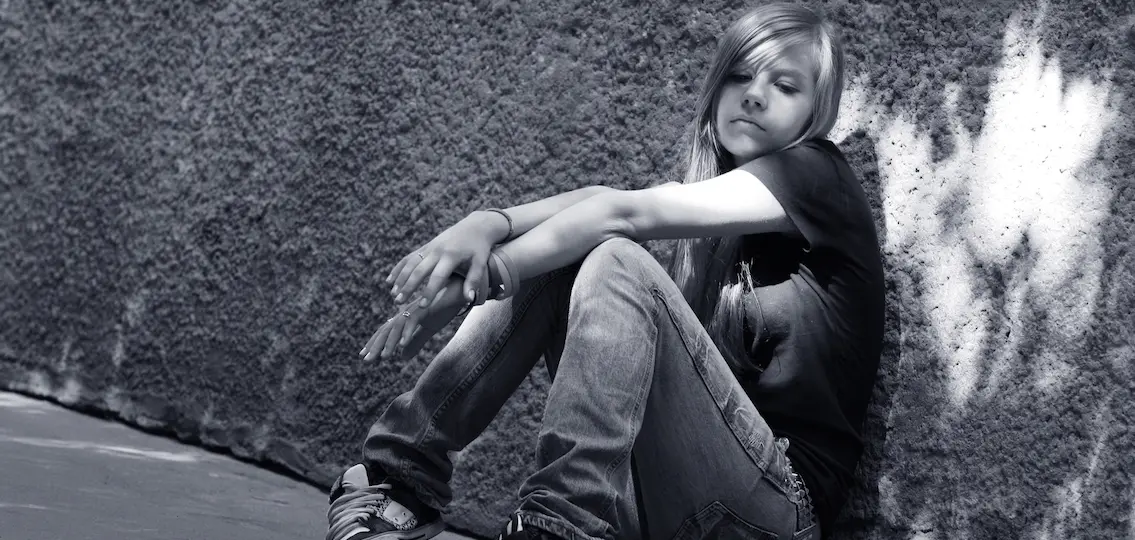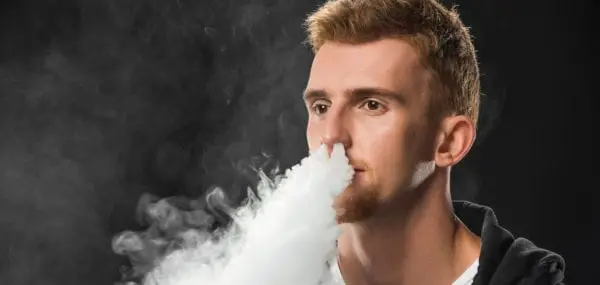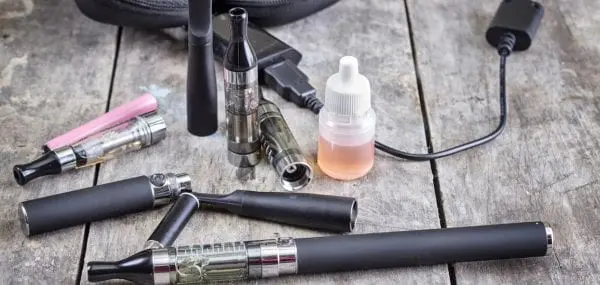In less than a week, the youngest of my three children will turn 14 years old. He is about to enter ninth grade. High school.
He will enter high school with a reputation. He’s earned one as a good student and future all-state athlete; he’s acquired another as the younger sibling of an excellent student and star athlete who spent the latter part of high school getting high.
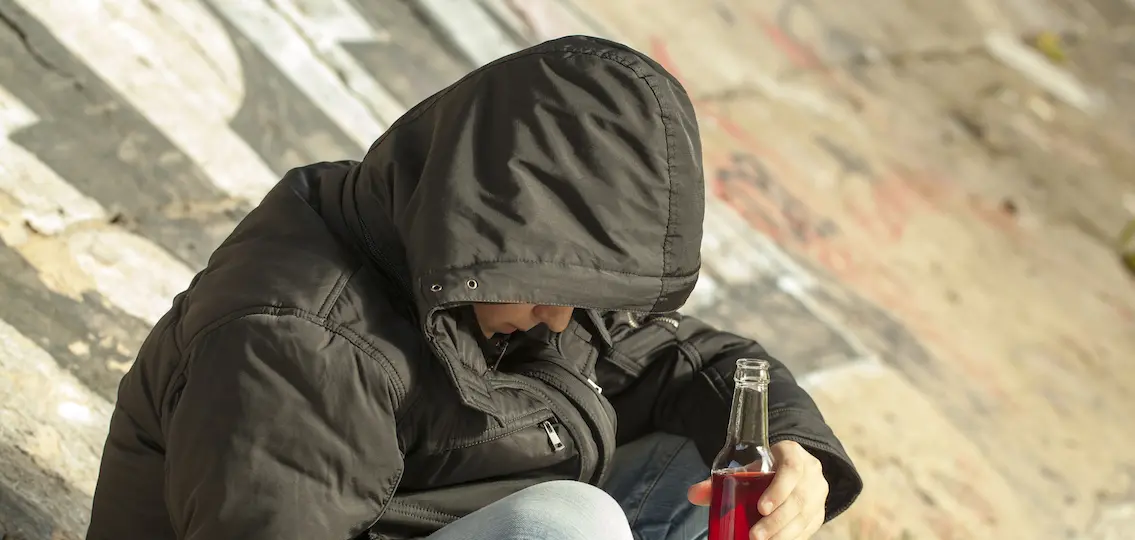
This third kiddo walks in the shadow of his older brother’s grades, athleticism, and chemical dependency.
It has been a spiraling addiction that at age 22 has already taken him to depths no young adult ever anticipates and no parent is prepared to witness.
We Thought His Behavior was Normal: Teen Addiction
Let me back up. Our middle kid never presented any reason to be concerned about drugs and alcohol. He exuded self-confidence, enthusiasm, maturity, and leadership. We didn’t become concerned until his junior year of high school. We started noticing changes. His interests centered on video gaming, and his sleep habits changed dramatically. Yet, other adults, peers, medical professionals, and counselors dismissed his behavior as normal.
Just months before his high school graduation, we started finding evidence of drugs. He downplayed his use. “Recreational,” he said. We knew better. In reality, as we would later learn, he had been getting high five times a day, every day, even as he aced ACT tests and excelled at sports tournaments.
As a high school honor student, varsity sports captain, and scholarship recipient, he even dabbled in drug dealing. He landed in the emergency room and detox, got kicked out of college housing, and dropped out of classes. After running away from a treatment program, he spent the next year living in a storage room on an urban university campus and selling his plasma to make ends meet.
Whether you believe that addiction is a disease or hold some other perspective, it’s impossible to dismiss the family impact of sibling drug use.
How Addiction Affects Siblings
Our oldest child is not immune either. She works in the legal field and has enough knowledge of the repercussions, implications, and consequences of addiction to be helpful at times and alarmed at other times. She struggles with enabling. After all, she is only a few years older than her brother. It’s an awkward position as she’s chronologically a peer, yet also a responsible adult who recognizes the sad reality of her brother’s situation and her inability to change it.
Imagine being the youngest son, participating in the D.A.R.E. program in fifth grade knowing that the reality of drugs were in your older brother’s bedroom, in his car, with his friends. Realizing the truth of the situation, I called the D.A.R.E. officer to tell him that we were living this. I wanted our fifth grader to be supported as he internalized the educational content and made his own substance-free pledge. Three years later, he is still observing the devastating effects of being the sibling of a drug addict, the hopes and disappointments of his resistance to treatment, and wavering commitment to recovery.
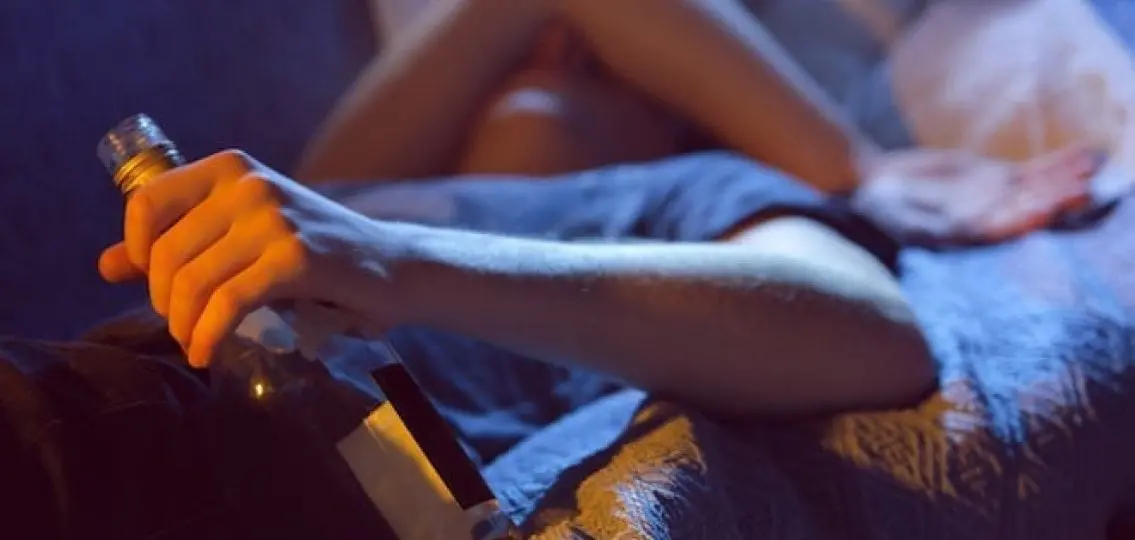
Our middle kid’s experience with addiction has impacted all of us, most especially his younger brother and his older sister. Will this prevent our younger son from trying drugs? And if he does try them, will it prevent him from having a chemical dependency problem? We will not assume that he will follow in his brother’s footsteps. But we will keep watching for the warning signs so we can act on them even more proactively.
Here’s to a drug-free graduation!
